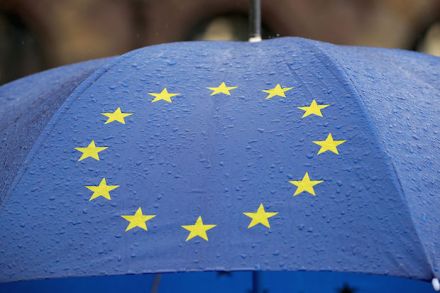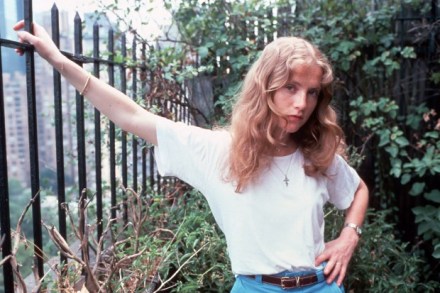It is easy to say there’s nothing we can do to prevent lone-wolf attacks. It is also wrong
For the third time in the last 18 months – twice in Paris and now in Nice – France has been left reeling from the effects of a mass casualty terrorist attack on its soil. With pictures of the dead and injured circulating freely on social media, an understandable reaction is to express solidarity with those who have suffered through well-meaning slogans like #JeSuisNice. But solidarity is no longer enough for it has not delivered security. We must face the fact that terrorists respect actions not words. If we do not rise to the challenge being brought to our shores in Europe, then the result can only be further death




















